For decades, television audiences have loved science fiction shows. The ability to dive into the most creative parts of the human brain allows for almost endless ideas and plotlines when it comes to the sci-fi genre. Ever since television sets began appearing in North American homes, the entertainment industry has continuously trotted out hundreds of different sci-fi shows. Some fizzled out without much fanfare, but others have become iconic franchises, firmly embedded in our pop culture lore.
After an exhaustive discussion in our offices (aka we argued over lunch one day), we have narrowed down and ranked 15 best science-fiction shows in the history of television (according to us). Enjoy!
15. Lost
Right up until the ending, Lost captivated viewers for six years as it told the strange story of a group of plane crash survivors who end up stranded on a mysterious tropical island — which for some season featured polar bears and deadly Smoke Monster.
Lost was a critical darling right from the start, winning a multitude of awards including 11 Emmys and a Golden Globe for Best Drama Series (2006). More than that, though, the show excelled at having well-written characters and a number of mysteries that sent internet detectives crazy as they scoured every frame for clues and hidden meanings. SPOILER ALERT: Turns out everyone was dead the whole time, and the island was a sort of Limbo into the afterlife. Or something like that. The ending was pretty confusing.
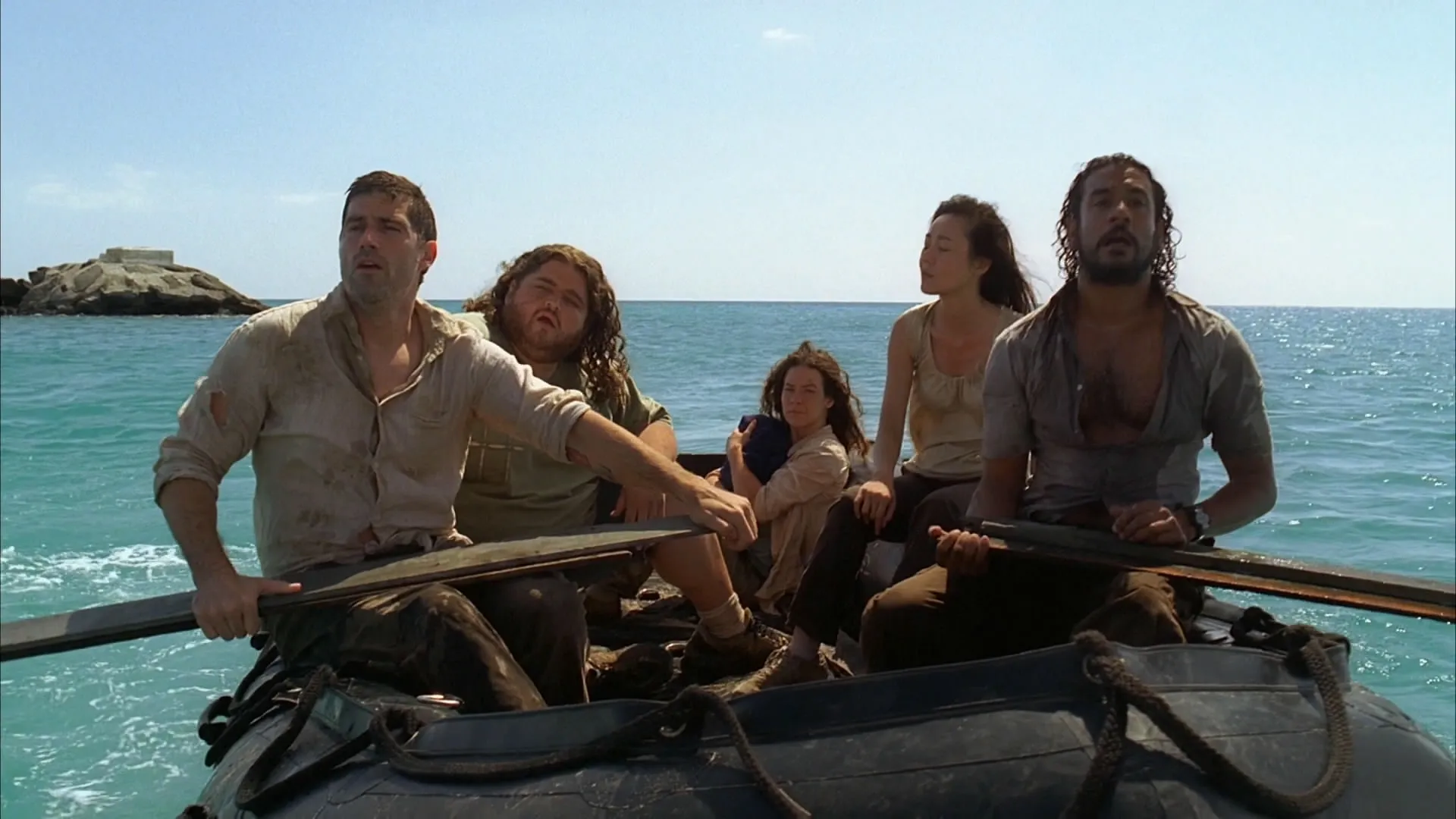 Source: Screenshot via ABC Studios
Source: Screenshot via ABC Studios14. The 100
The 100 was originally shaped as a young adult drama but quickly matured into a bonafide sci-fi masterpiece. This CW show, which is a Netflix exclusive in some regions, is about a group of teenagers who were punished by being expelled from an enormous space habitat that saved humanity in the wake of a nuclear apocalypse.
They are tasked with being the first people to return to Earth, only to discover that some people did survive the end of the world, but have been changed dramatically in the 97 years since the disaster. The characters are all damaged in their own special way, and the series itself present various questions of ethics and morality, especially when it comes to preserving life.
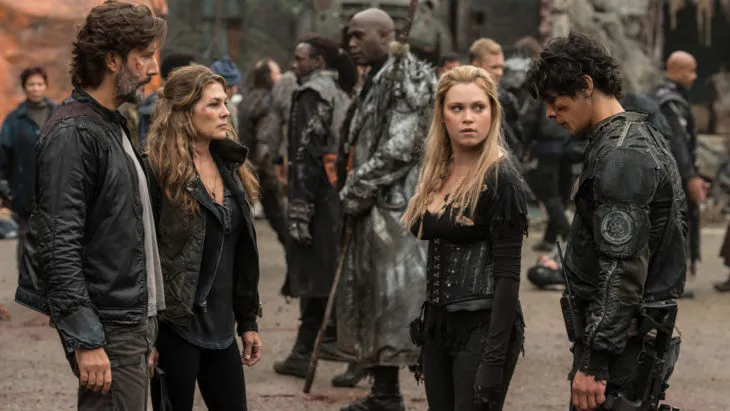 Source: Screenshot via Netflix
Source: Screenshot via Netflix13. Fringe
Fringe borrowed heavily from The X-Files, a show that will appear later on this list, in that it featured a fringe division of the F.B.I. (get it? Fringe!) investigating crimes that had mysterious, unexplained, or paranormal circumstances. Starring Anna Torv, Joshua Jackson, and John Noble, the show ran for five seasons and slowly transformed from a “mystery of the week” format, into a more broadly serialized one.
The show, which was partly created by J.J. Abrams, explored things like parallel universes and alternate timelines. For example, in one universe the 9/11 terrorist attacks in New York City did not result in the World Trade Center buildings falling down, leaving them intact to be part of the show.
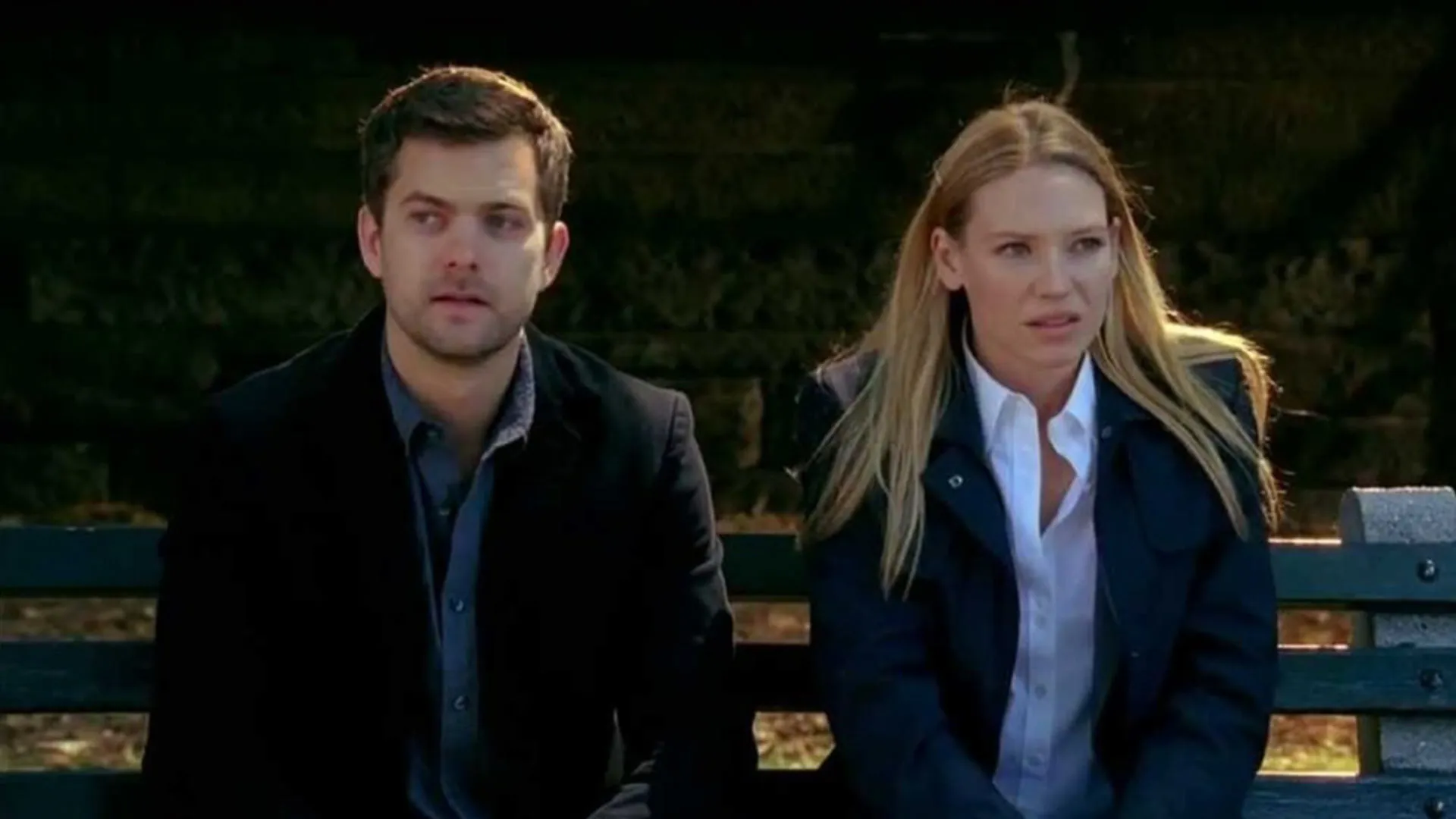 Source: Screenshot via Warner Bros. Television Distribution
Source: Screenshot via Warner Bros. Television Distribution12. Orphan Black
One of the newest shows on this list (Orphan Black is still going strong after four seasons, so far), it’s also one of the most unique. Tatiana Maslany stars as Sarah Manning, but also as several other identities who turn out to be clones. The series is worth watching just to see Maslany seamlessly slip into multiple characters. Overall, though, Orphan Black is a dark sci-fi thriller that explores the ethics of human cloning, complete with an Illuminati-like religious conspiracy group that the show calls the Proletheans.
So far, the show has spanned five seasons and 50 episodes. The series won a litany of awards, most notably from the Canadian Screen Awards, as the show is filmed and produced in Toronto, Ontario.
 Source: Screenshot via BBC America /Space
Source: Screenshot via BBC America /Space11. Black Mirror
This series was originally on the BBC in the U.K. but reached an even larger audience when Netflix bought up the rights and began producing more episodes. Black Mirror succeeds because it walks the fine line between fiction and reality, showing us how society might end up if we continue to allow technology to take over our lives. For example, one episode explores how the world begins to discriminate against anyone with a low social media score. Another one features an implant that allows people to replay every moment of their lives in their heads (or on TV), essentially eliminating all secrets. Disturbing stuff, but fascinating viewing.
 Source: Screenshot via Netflix
Source: Screenshot via Netflix10. Stargate SG-1
Stargate SG-1 isn’t the first series on this list that started as a mildly successful movie. The original Stargate film was released in 1994, but by 1997 an entire series had been developed. The show focuses on the Stargate, an ancient alien device that offers immediate transport to unknown (and dangerous) places throughout the galaxy.
The show was unique for its use of Earthly mythology, specifically those of Egyptian, Greek, and Norse origin. At one point, SG-1 was the longest-running sci-fi series in North American television history, spanning a remarkable 10 seasons. Like many other franchises on this list, this first Stargate show spawned a wide variety of spin-offs (Stargate Atlantis and Stargate Universe), movies (The Ark of Truth, Continuum), cartoons (Stargate Infinity), plus a handful of video games and comic books.
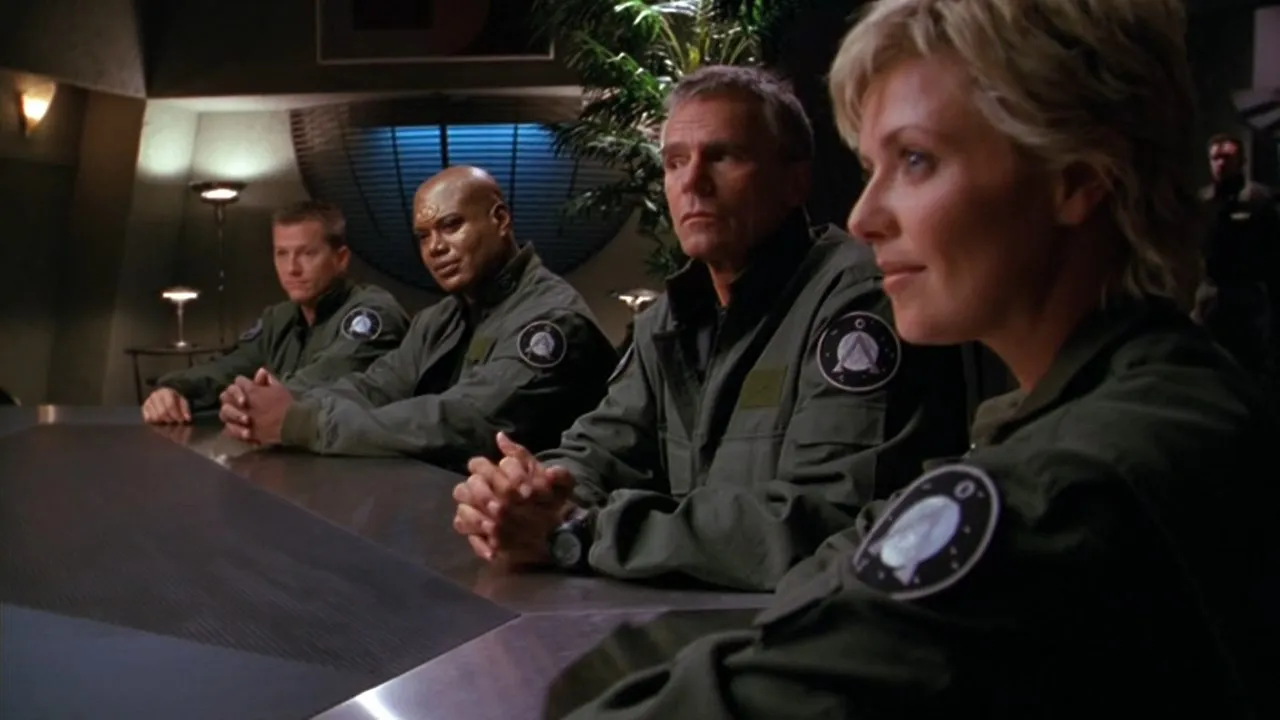 Source: Screenshot via Showtime/Sci FI
Source: Screenshot via Showtime/Sci FI9. Buffy the Vampire Slayer
Who would have guessed that taking a moderately successful movie about a Valley girl being chosen to kill vampires, and turning it into a TV series, would be such a hit? Joss Wheadon, apparently. After seeing his movie script about a female hero get turned into a bubble gum comedy film, Whedon would take Buffy the Vampire Slayer television in 1997 and never look back.
The series starred Sarah Michelle Gellar as the titular Buffy and ran for seven seasons. It even spawned a spin-off series, Angel, that lasted five seasons of its own. Buffy is routinely cited as one of the best TV shows ever, especially when it comes to those set in high schools. The series’ cannon has been expanded since the show ended, in a series of novels and comic books.
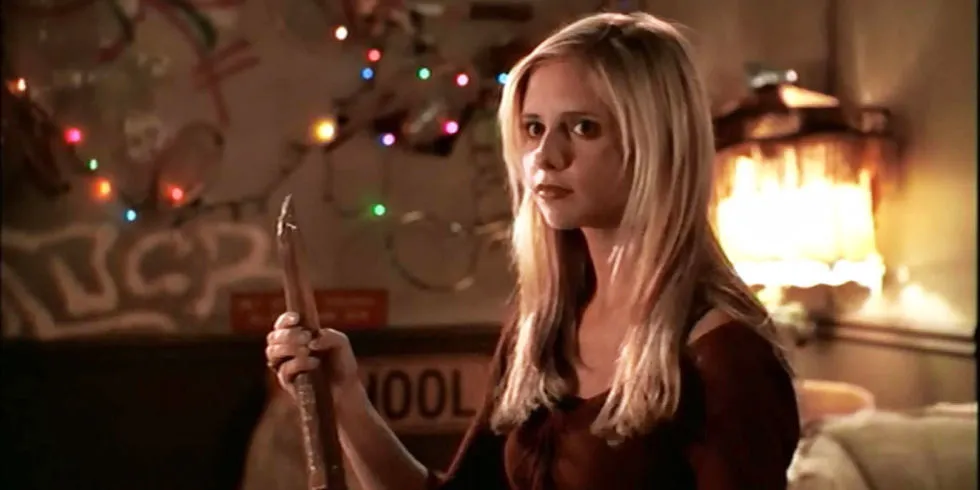 Source: Screenshot via 20th Television
Source: Screenshot via 20th Television8. Battlestar Galactica
Battlestar Galactica is one of the longest-running and story-rich sci-fi franchises that currently exists. The original TV series debuted in 1978 and was rebooted from 2003-2012. Along the way, there have been movies, mini-series, webisodes, prequels, video games, comic books, and even a board game.
The series focuses on the last remaining humans struggling to stay alive against the Cylons, an attacking alien race. The interesting plot twist is that the humans are searching for the long lost Thirteenth Colony, known as Earth. The show even invented a new curse word — holy frak!
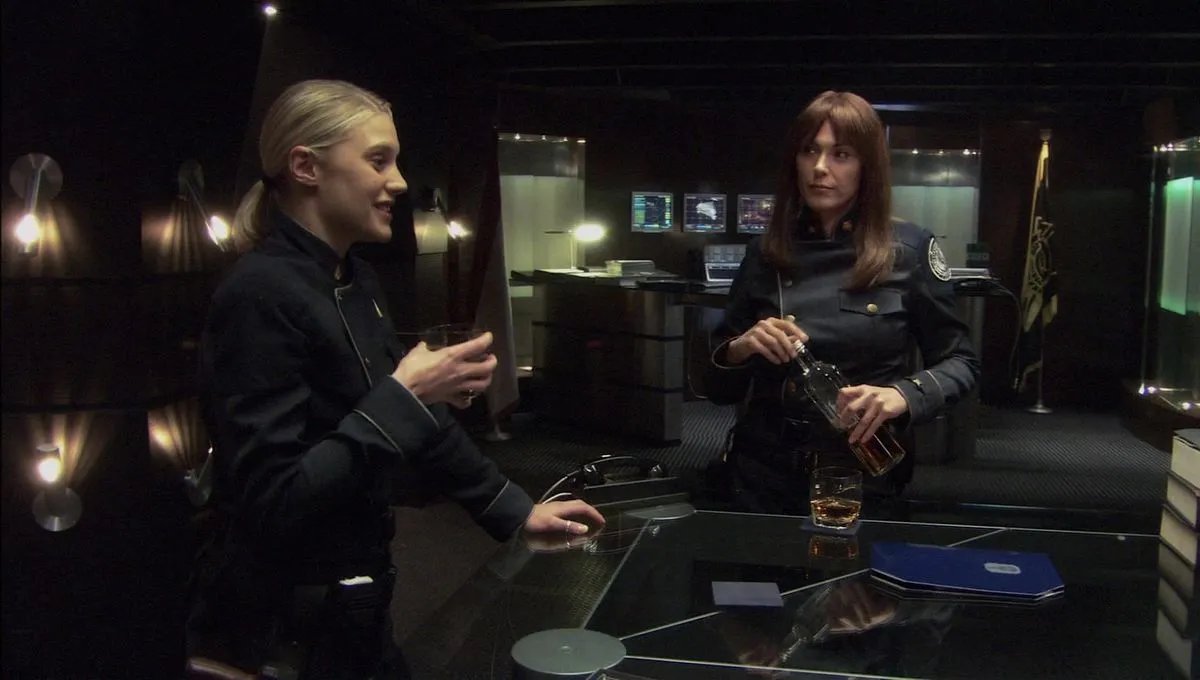 Source: Screenshot via NBCUniversal Television Distribution
Source: Screenshot via NBCUniversal Television Distribution7. Stranger Things
It might not be a good idea to put a newer show on a list of the greatest sci-fi series of all-time, but after watching the first few three seasons of Stranger Things we’re still comfortable with this selection. The Netflix original series came out of nowhere in 2016 to capture the imaginations of millions, as it tapped perfectly in that 80s nostalgia by borrowing elements from E.T., The Goonies, and Alien to form an amazing hybrid of the sci-fi, horror, and adventure genres.
Succeeding mostly on the backs of child actors (although the few adult roles were also very engaging, especially Winona Ryder) Stranger Things tells the story of a small town in Indiana that has a mysterious Top Secret government facility on its outskirts. When some human experiments go wrong, the superpowered child Eleven escapes but the window to the UpsideDown also opens, allowing the Demogorgon to enter the real world and claim victims.
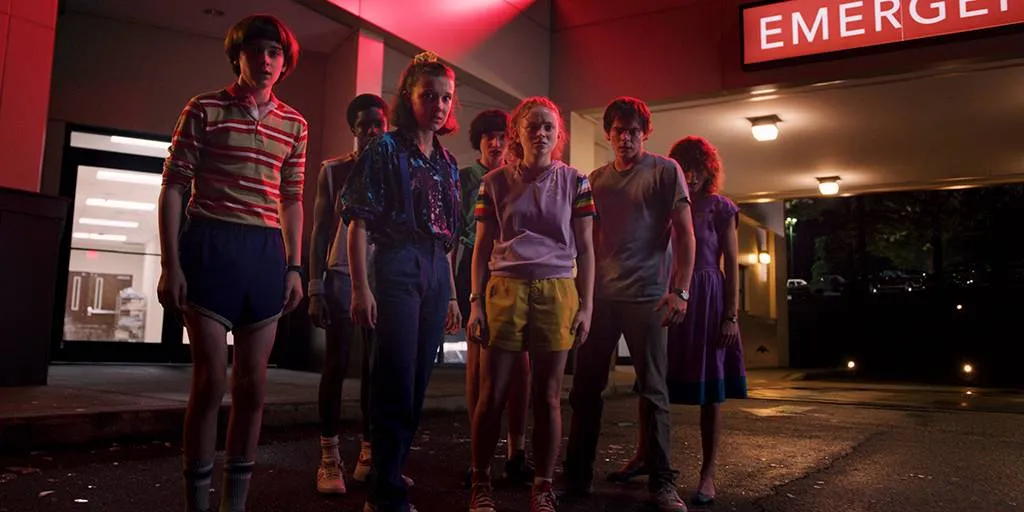 Source: Screenshot via Netflix
Source: Screenshot via Netflix6. Futurama
Futurama has the honor of being the only animated show on this list, but it definitely deserves its place. The long-running series created by Matt Groening (The Simpsons) is set 1,000 years in the future and includes everything you expect from a sci-fi series — spaceships, amazing new technology, fully autonomous robots, alien species, and a global government.
It’s also written by some incredibly smart people, who use real-life scientific and mathematical theories as part of the storylines. And beneath all the nerdiness, Futurama is deeply emotional — perhaps its most impressive feat of all.
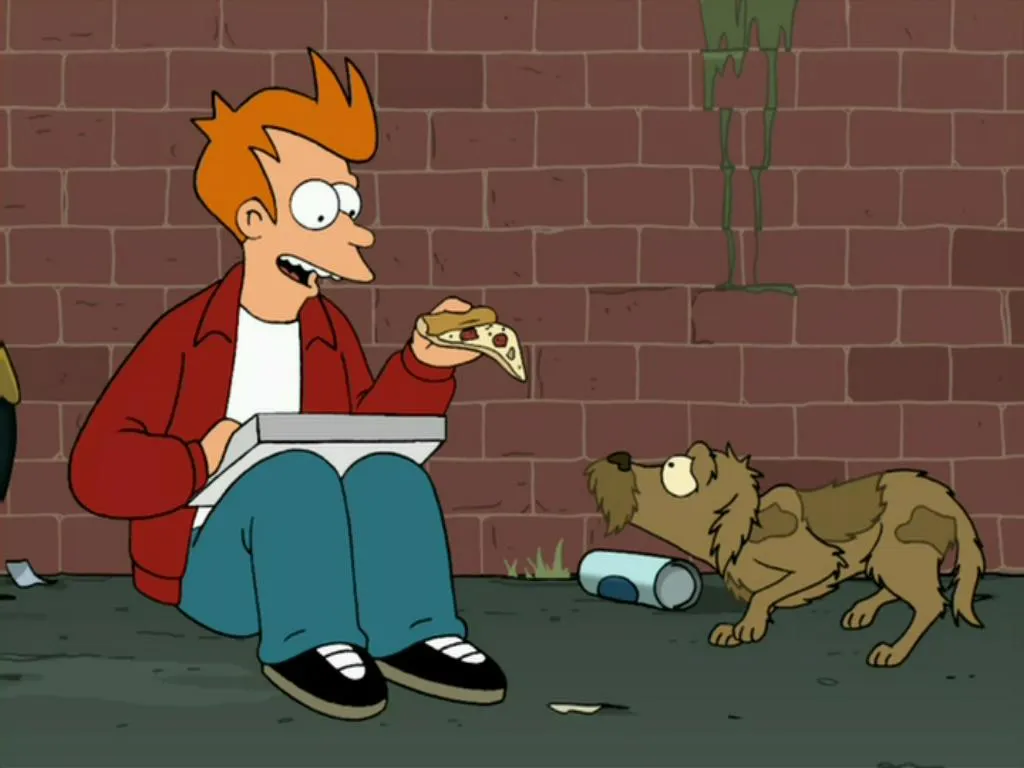 Source: Screenshot via 20th Television
Source: Screenshot via 20th Television5. Firefly
Oh, what could have been! Firefly was a one-season-wonder from writer/director Joss Whedon, and fans have been begging for it to be brought back ever since that initial airing in 2002. The series, which is often described as a “space Western,” is about the nine-member crew of the Serenity spaceship, a “firefly-class” vessel. It’s set in 2517 and features a global mega-government made up of the United States and China.
Sadly, Fox canceled the show after just a single season (14 episodes). Whedon continued the story in the 2005 film Serenity, but unfortunately, it now appears the series is dead forever.
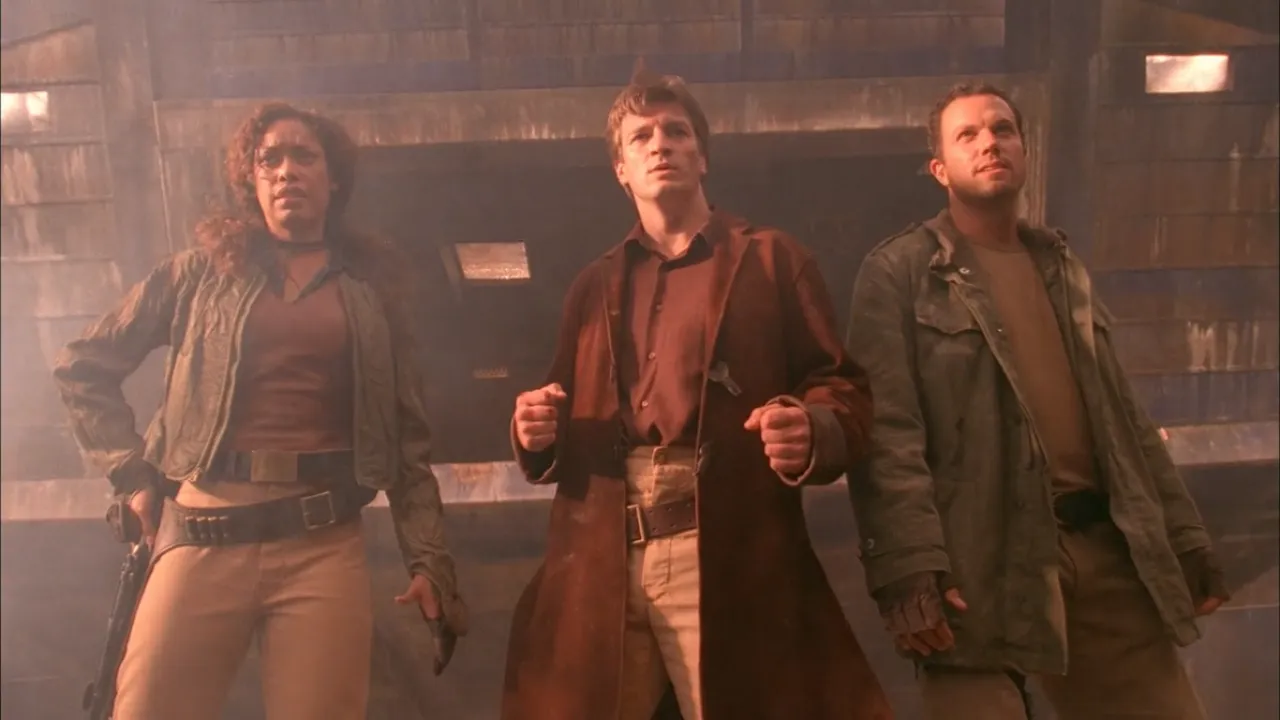 Source: Screenshot via 20th Television
Source: Screenshot via 20th Television4. The X-Files
The X-Files may have had its ups and downs as a series, but it was a genuine pop culture phenomenon during its initial run in the 90s. Created by Chris Carter and starring David Duchovny and Gillian Anderson as FBI agents Fox Mulder and Dana Scully, respectively, The X-Files explored the question of whether we are alone in the universe. As Mulder constantly said: We Want to Believe.
The show started as a monster-of-the-week series, but quickly developed into longer story arcs that allowed the characters to grow and the audience to fall in love with them. The series spawned two feature films and even made a revival on Fox in 2016 with the tenth season — a full 14 years after the original one ended. And X-Files fans rejoiced to learn that an 11th and final season was on the way in 2017, which received quite positive reviews from both critics and fans alike.
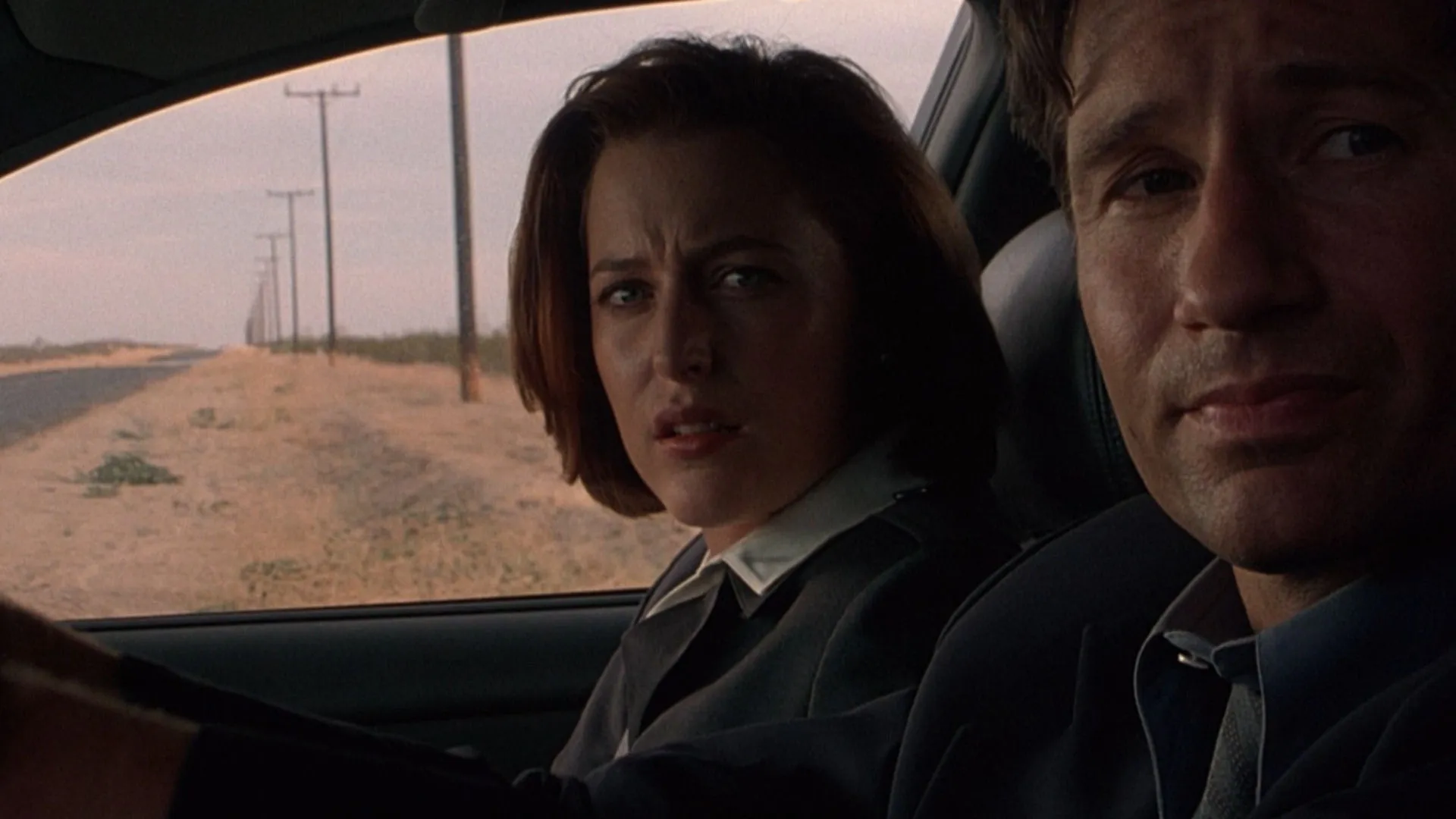 Source: Screenshot via 20th Television
Source: Screenshot via 20th Television3. The Twilight Zone
For young people today who never got to experience The Twilight Zone, think of it like a classic version of Black Mirror. The anthology series told a different story every episode, with new characters constantly dealing with some form of the paranormal or disturbing event. Most episodes included a “moral to the story” or a surprise ending, and sometimes both.
The show made its debut in 1959 and ran for five seasons, but also spawned an entire franchise (and that oh-so-memorable theme music). The series was first revived in 1985, then again in 2002. A feature film was made, although it’s mostly famous for having one of the worst on-set accidents in movie history, which resulted in the death of three people.
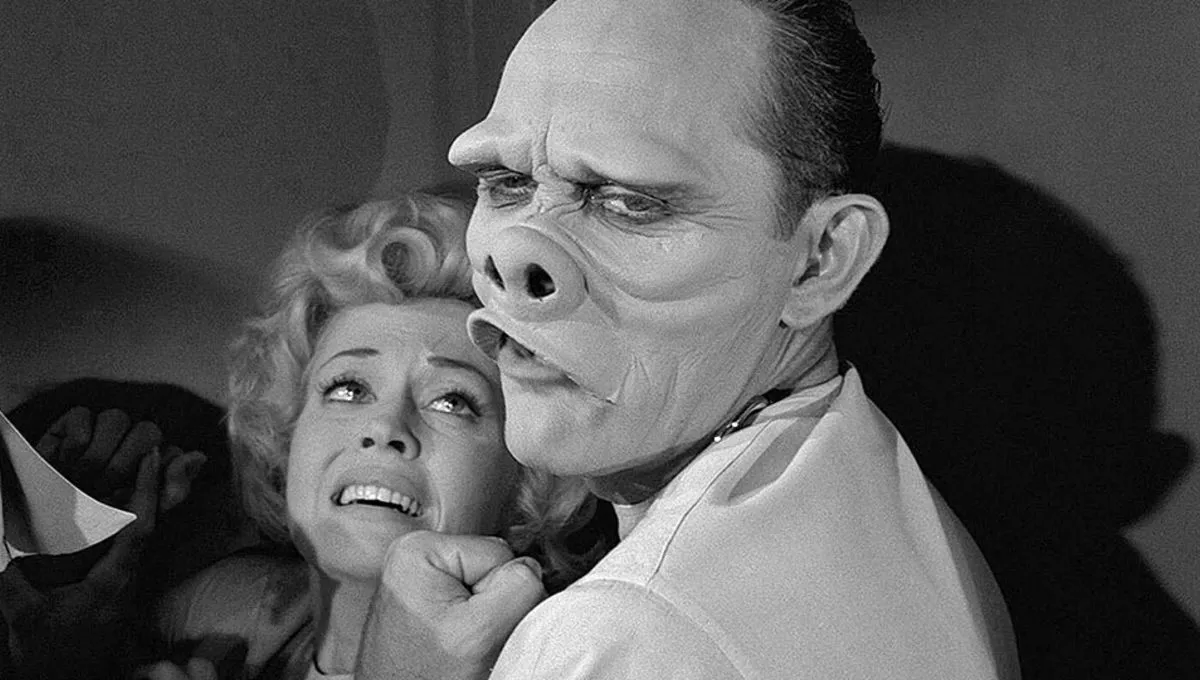 Source: Screenshot via CBS Productions
Source: Screenshot via CBS Productions2. Doctor Who
Doctor Who has existed, in one form or another, for over 50 years and continues to be one of the U.K.’s best television exports. Over the years, 13 different actors have played the legendary Time Lord in the acclaimed BBC sci-fi series. The series has garnered a large following over the years, as the Doctor travels the universe in his TARDIS helping random strangers and fighting off a massive list of enemies. Every Whovian has their own favorite Doctor and companion. The series is a perfect blend of adventure, science, drama, and mystery.
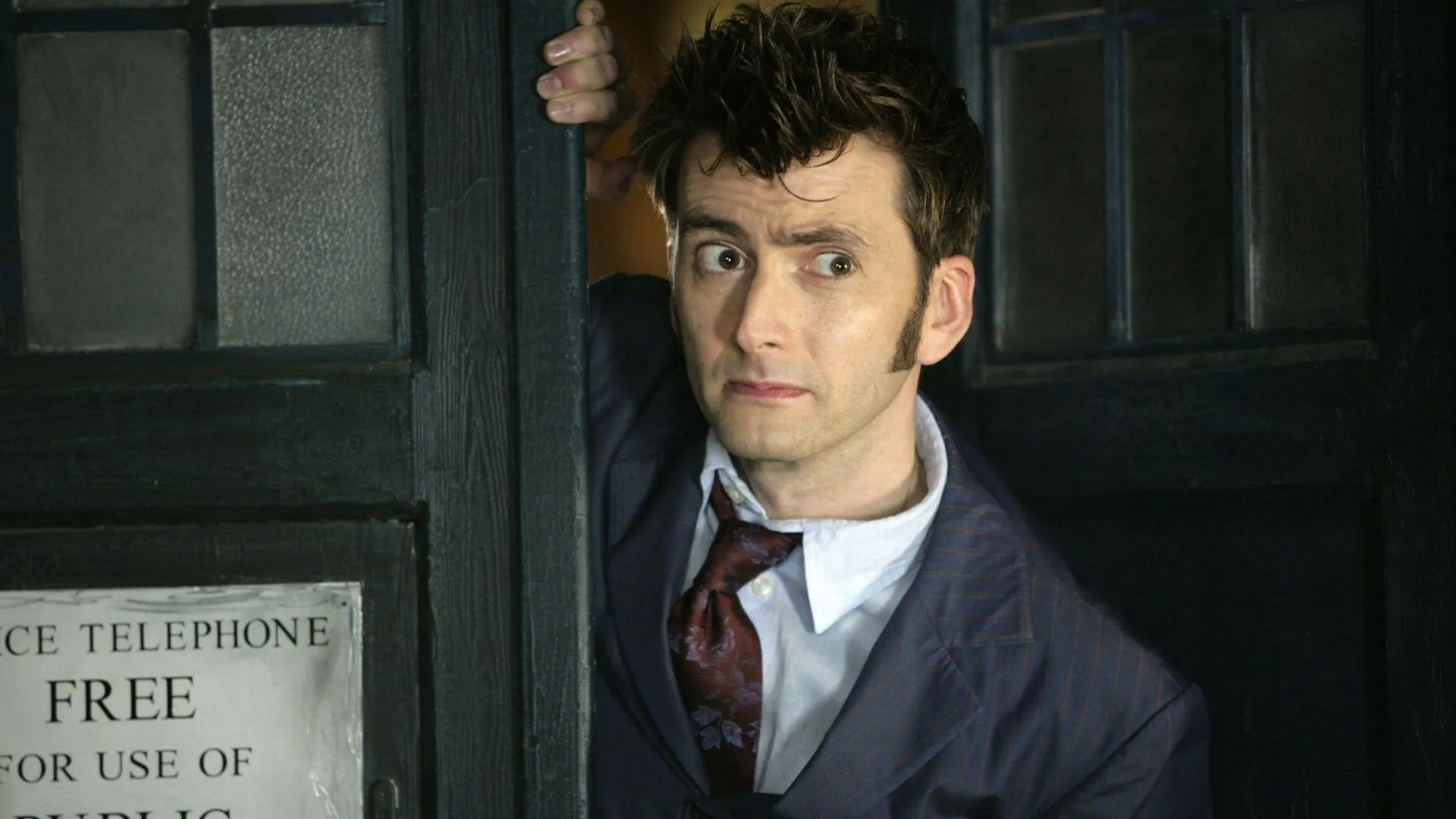 Source: Screenshot via BBC Studios
Source: Screenshot via BBC Studios1. Star Trek
Let’s be real, there was no other possible option for the No. 1 spot on this list. Star Trek has been a huge part of sci-fi culture since it first debuted in 1966, and continues to remain relevant a half-century later. We’re not going to discriminate between the various generations (The Original Series, The Next Generation, Deep Space Nine, Voyager, Enterprise, or Discovery), although some are definitely better than others. But as a whole, Star Trek features an expansive universe of people and places and has entertained Trekkies for decades.
Originally created by Gene Roddenberry, Star Trek has historically had a knack for predicting the future or even tackling real-life social problems, as under the guise of a space exploration show. The franchise has also spawned 13 movies (so far), plus a long list of novels, comic books, and video games.
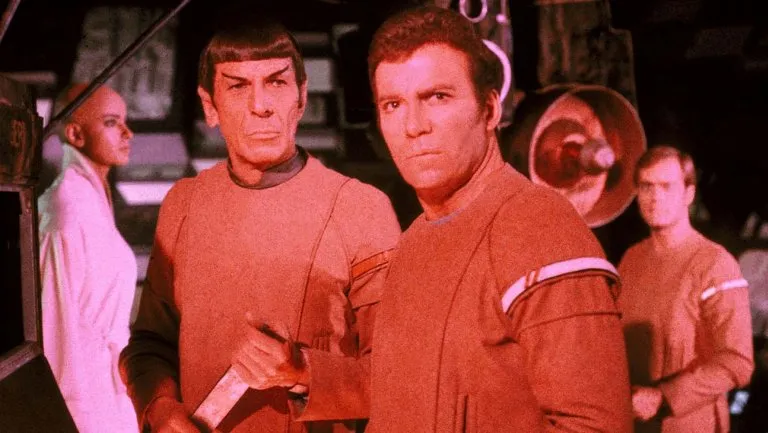 Source: Screenshot via Paramount Pictures
Source: Screenshot via Paramount Pictures